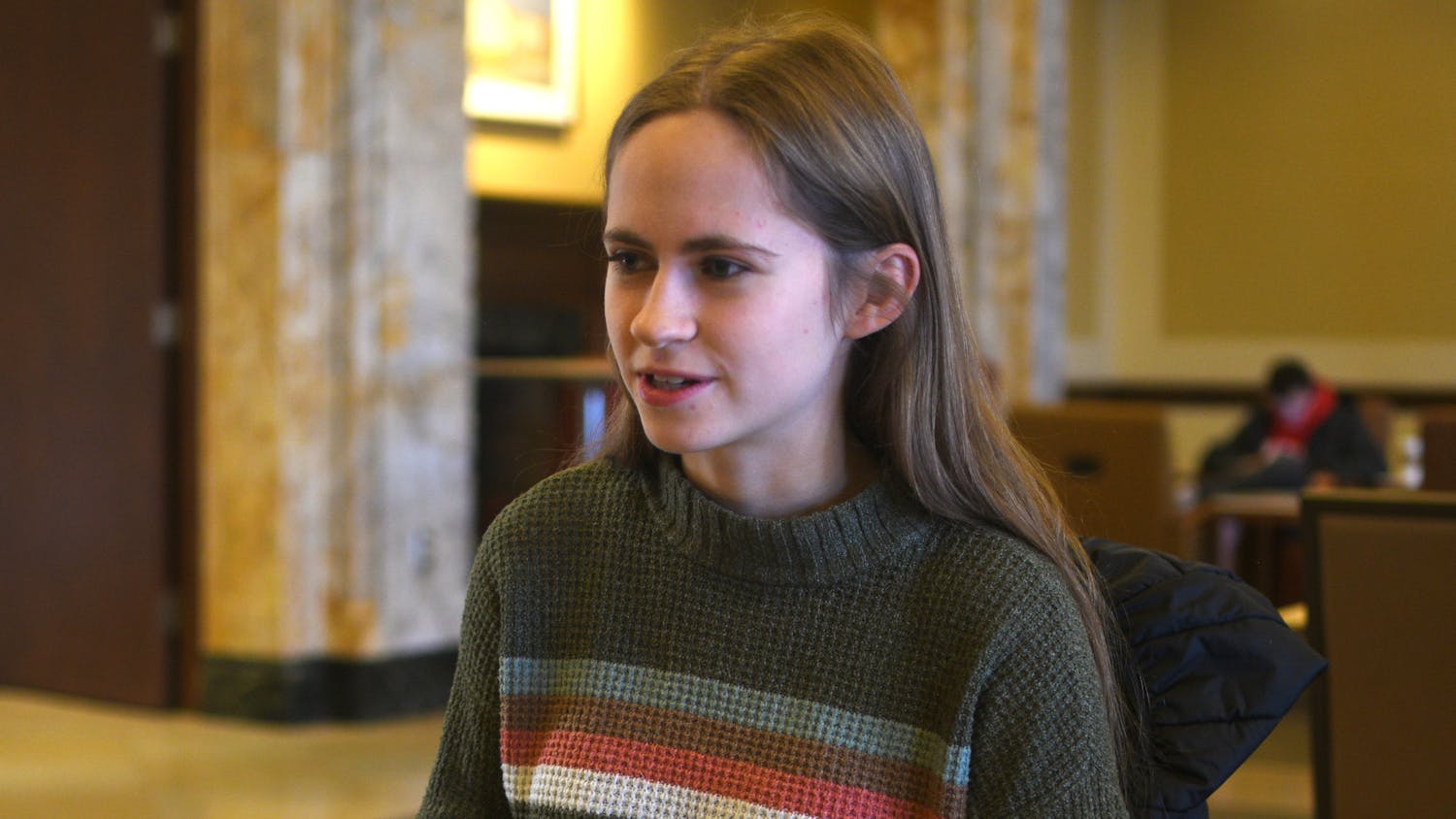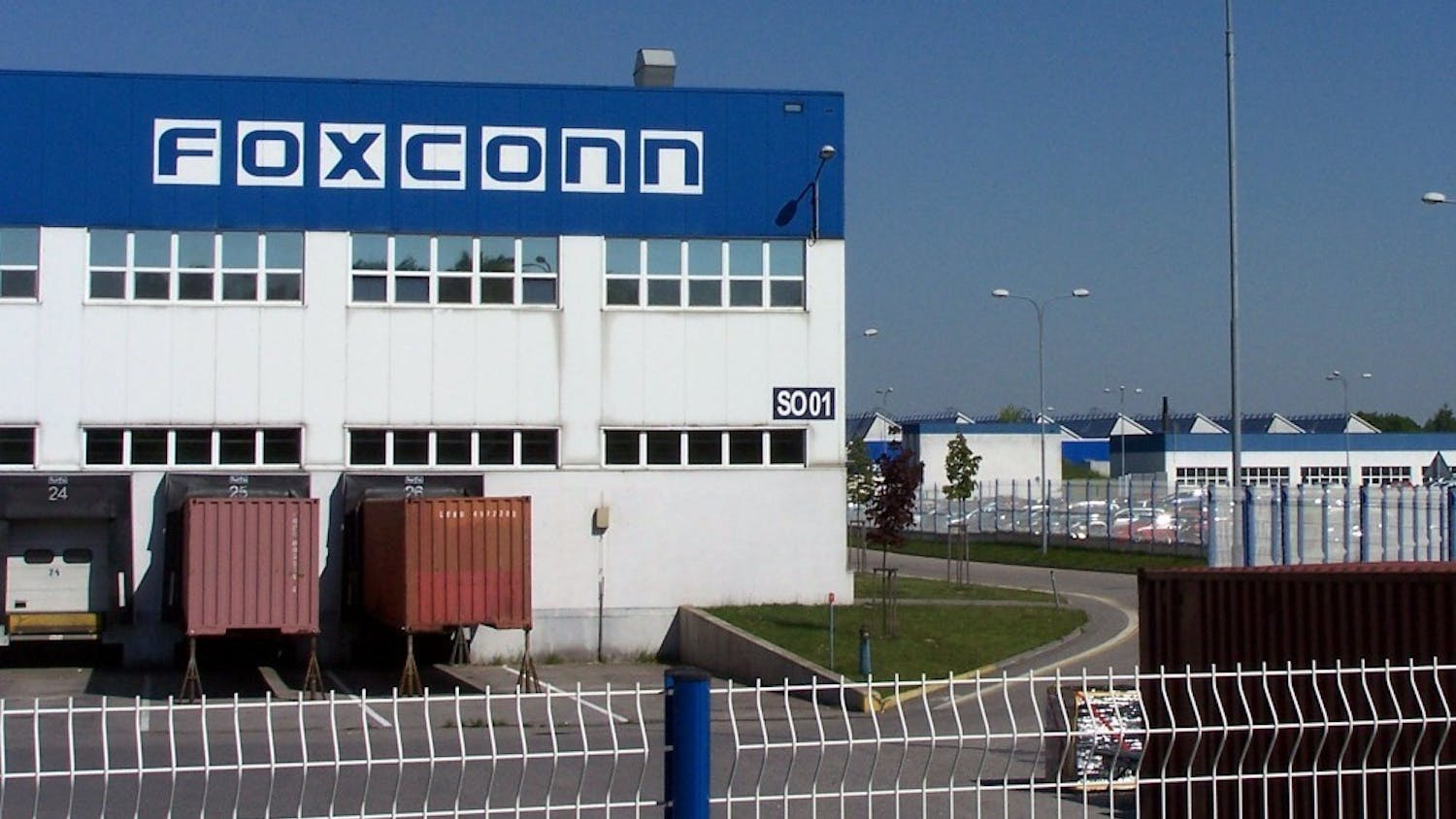As students prepared to return to school last August, UW-Madison announced it had formed a partnership with Foxconn Technology Group. The partnership included a variety of components, namely a $100 million investment from the company that will establish a new engineering facility, and plenty of internship opportunities for students. This substantial agreement came less than a year after the state agreed to a $3.2 billion incentive package to bring the Taiwanese company into Wisconsin.
While both the partnership with the school and the state’s subsidy come with the potential of economic benefits, they are not without controversy. Last year’s agreement gave the company a considerable sum of money and enabled Foxconn to circumvent environmental regulations that could jeopardize air and water quality in southeastern Wisconsin. Over the summer, Foxconn faced even more scrutiny regarding their labor conditions, which had generated coverage after nine Foxconn workers committed suicide in 2010.
Despite these concerns, Wisconsin passed legislation to bring Foxconn into the state on a partisan vote, with nearly every Republican endorsing it and nearly every Democrat opposing it. The prospect of adding up to 13,000 jobs was enough to convince the majority of the state’s government to support the deal. Advocates of the original Foxconn plan will surely point to the deal it just reached with the top university in the state as evidence of the dividends that are sure to come from Foxconn’s presence.
Chancellor Rebecca Blank expressed optimism for the deal. She explained the “majority of the gift is almost surely going to go into funding for [the] new building.” The engineering school “has had [plans for the building] on their books … for a number of years, so this was the move that forwarded it.” The chancellor also noted these types of partnerships with companies in the area are not unusual, pointing out GE Healthcare works closely with UW-Madison’s radiology department. The difference from other university-company relationships, however, is that the Foxconn partnership “is at a scale that is bigger than what we’ve done in some other areas, but that’s actually an opportunity, not a problem,” she said.
It is easy to see why the university felt comfortable making this deal: further development of the campus, potential employment opportunities in the state of Wisconsin and a likely improvement to its already stellar reputation for its engineering department. And while partnering with a controversial company could raise some eyebrows, Blank believes being “in a world where everything you do seems to have political overtones … can’t stop you from acting.”
However, despite potential benefits, there are legitimate concerns with the partnership that cannot be understated. While the university has collaborated with private companies before, a partnership anywhere close to this magnitude has not existed before, both with respect to the sum of the funds and the problematic reputation of the partner. Compounding this uneasy combination, the Milwaukee Journal Sentinel reported the relationship will be managed “largely behind closed doors.”
A corporation with a long track-record of both environmental and human rights abuses should not have the luxury of working with a public institution outside of the public eye. It is certainly possible the partnership will be as innocent as advertised; however, UW-Madison students and Wisconsinites should have the opportunity to gauge this for themselves. And while it is clear the university is no stranger to private partnerships, $100 million dollars of funds is a substantial investment that is unfamiliar territory for the school.
Beyond the interdisciplinary engineering building, how else will Foxconn make its monetary presence felt? The likely potential for a UW-Madison to Foxconn pipeline, as evident by the recent “Foxconn Days,” makes the university complicit in the potential degradation of water and air quality in the state that could occur because of the original agreement. As the UW-Madison’s Teaching Assistants’ Association explained, “The fruits of research at UW belong to the people of Wisconsin, not to a private corporation.”
As students of this university and residents of Wisconsin, we should all root for the success of Foxconn’s presence and its partnership with our soon-to-be alma mater. The editorial board is dubious about its chances for success given the significant negative externalities associated with the company. Chancellor Blank said the announcement regarding the partnership between the company and the university was to be a “non-political event.” However, given that the company’s very presence in the state is politically polarizing, Blank’s hope for the agreement to be evaluated through an apolitical lens is impossible.
What impact will a partnership with Foxconn have on the university? Send all comments to opinion@dailycardinal.com.






